Samuel Finley Breese (F.B.) Morse (1791-1872) is best remembered for being the inventor of the American telegraph system and the Morse Code alphabet which is still widely used today. It was his development and perfection of an instantaneous method of electronic communication over long distances which contributed to the rapid expansion of the West during the late 1800’s and laid the groundwork for today’s 24/7 mass media culture.
Something which history widely forgets today about Morse’s great inventions, however, is the role God played throughout the process. Educated on religious matters from birth by his father, the notable Rev. Jedidiah Morse, Samuel developed a deep and sincere faith in God. In the two volume work, Samuel F.B. Morse: His Letters and Journals, his own son describes the inventor’s character:
The dominant note was an almost childlike religious faith; a triumphant trust in the goodness of God even when his hand was wielding the rod; a sincere belief in the literal truth of the Bible, which may seem strange to us of the twentieth century; a conviction that he was destined in some way to accomplish a great good for his fellow men.
Next to love of God came love of country. He was patriotic in the best sense of the word. While abroad he stoutly upheld the honor of his native land, and at home he threw himself with vigor into the political discussions of the day, fighting stoutly for what he considered the right….
A favorite Bible quotation of his was “Woe unto you when all men shall speak well of you.” He deeply deplored the necessity of making enemies, but he early in his career became convinced that no man could accomplish anything of value in this world without running counter either to the opinions of honest men, who were as sincere as he, or to the self-seeking of the dishonest and the unscrupulous.1
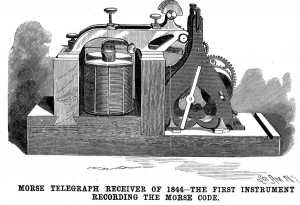 Morse’s pious character clearly exhibits itself in the historic message relayed during the public demonstration of the telegraph on May 24, 1844. Morse had promised Annie Ellsworth, the daughter of the Commissioner of Patents that she would get to decide what would be said. After talking with her mother, Annie decided to send a portion from Numbers 23:23: “What hath God wrought!”
Morse’s pious character clearly exhibits itself in the historic message relayed during the public demonstration of the telegraph on May 24, 1844. Morse had promised Annie Ellsworth, the daughter of the Commissioner of Patents that she would get to decide what would be said. After talking with her mother, Annie decided to send a portion from Numbers 23:23: “What hath God wrought!”
Early that morning, Morse and his guests gathered in the chamber of the Supreme Court while his assistant prepared to receive the fateful transmission in Baltimore. Then, at 8:45 a.m. on May 24, 1844, the electricity flowed through the line:
| . – – | . . . . | . – | – |
| W H A T |
| . . . . | . – | – | . . . . |
| H A T H |
| – – . | . . | – . . |
| G O D |
| . – – | . . . | . . | . . – | – – . | . . . . | – |
| W R O U G H T |
That message inaugurated the beginning of electronic media in America, setting off a chain of technological advancements which continues to this day nearly two-hundred years later. From the telegraph to the telephone to the internet, we all have good reason to declare, “What hath God wrought!”
Samuel Morse never forgot the role that God had in the development and success of the telegraph, always bearing in mind the powerful phrase selected by Annie Ellsworth. Later in life Morse explained that the telegraph was not merely an example of American ingenuity, but rather an example of God’s gracious providence:
Yet in tracing the birth and pedigree of the modern Telegraph, ‘American’ is not the highest term of the series that connects the past with the present; there is at least one higher term, the highest of all, which cannot and must not be ignored. If not a sparrow falls to the ground without a definite purpose in the plans of infinite wisdom, can the creation of an instrumentality so vitally affecting the interests of the whole human race have an origin less humble than the Father of every good and perfect gift?
I am sure I have the sympathy of such an assembly as is here gathered if, in all humility and in the sincerity of a grateful heart, I use the words of inspiration in ascribing honor and praise to Him whom first of all and most of all it is preeminently due. ‘Not unto us, not unto us, but to God be all the glory.’ Not what hath man, but ‘What hath God wrought?’2
The WallBuilders’ Library is home to a handwritten letter from Samuel Morse composed in 1836, a full eight years before the triumph of the telegraph. In this personal letter to Miss Mary Pattison we get a glimpse into artistic side Morse’s mind through the portions of poetry he records, which also exhibit his deep devotion to God. Below is the transcript of the WallBuilders’ letter followed by pictures of the document itself.
Miss Mary Pattison, Troy
New York, Sept. 14th, 1836
My dear friend Mary,
I comply with my promise and send you the lines which I wrote a few years ago for an Album in the possession of a young lady on the North river. If you remember I was struck with the train of thought a Mr. Adams’ piece in Mr. Taylor’s Album, and told you, that I had embodied the same thought, or nearly resembling it. I had it not in my memory, but this morning in searching my desk I found them and transcribe them for you.
What’s our Life but an Album fair
Outwardly deck’d with gilding name
With many leaves of white within
Where virtue writes, but oft’mes sin
With many leaves all written o’er
While every day turns one leaf more?
This breathes the hopes of younger years
That tells of sorrows and of fears.
Black eaves between Where naught has been
But blots perchance of Folly’s pen
And some remain, (at most but few,)
Where Sin will write: Shall Virtue too?
Yield then thy pen to God to draw
On the next leaf his perfect law
To when thy book of life is done
Cleans’d by the blood of God’s own son
From Sin’s dark blots, and Folly’s stain
A purer volume shall remain
And rest, (to Grace a splendid prize,)
In Heaven’s alcoves in the skies.
The moral is better than the poetry, you may destroy if you will the latter, but cherish the former.
I don’t know whether I am better for my last visit to Troy. My pleasure of your house was in excess, and like all excess is producing a corresponding depression. Your lovely sister is a most destructive enemy of one’s peace, and the worst of it is that she is innocently cruel. She wounds, yet knows it not. Well, Happiness, happiness to her, and to you all. Tell Catharine I am expecting my Philippina. I am wishing time away until the 1st of October.
I send by this opportunity some “Sketches” which were popular when they were published, I don’t know whether they were copied into the Troy papers. You will find in them where you have an idle hour, some of the incidents more in detail, which I told you verbally.
Remember I hold you all engaged for the Commencement of the University, in the first week of October.
With sincere regard,
Affectionately your friend & servant
Sam. F.B. Morse
I have just met with another trifle, which since I am in the mood of transcribing I send for Catherine’s album. It was written at the request of a young lady, who asked me to write something for her. I consented if she would give me a subject. She gave me the word “Farewell.”
Farewell! Farewell? No ‘tis a word of earth
A fraud seen there, ‘tis not of heavenly birth.
It wishes joy, yet instant clouds the ray
And give the pang, it feigns to take away.
Let not so false a word, thy tongue ‘ere tell
If well then wish thy friends, say not farewell.
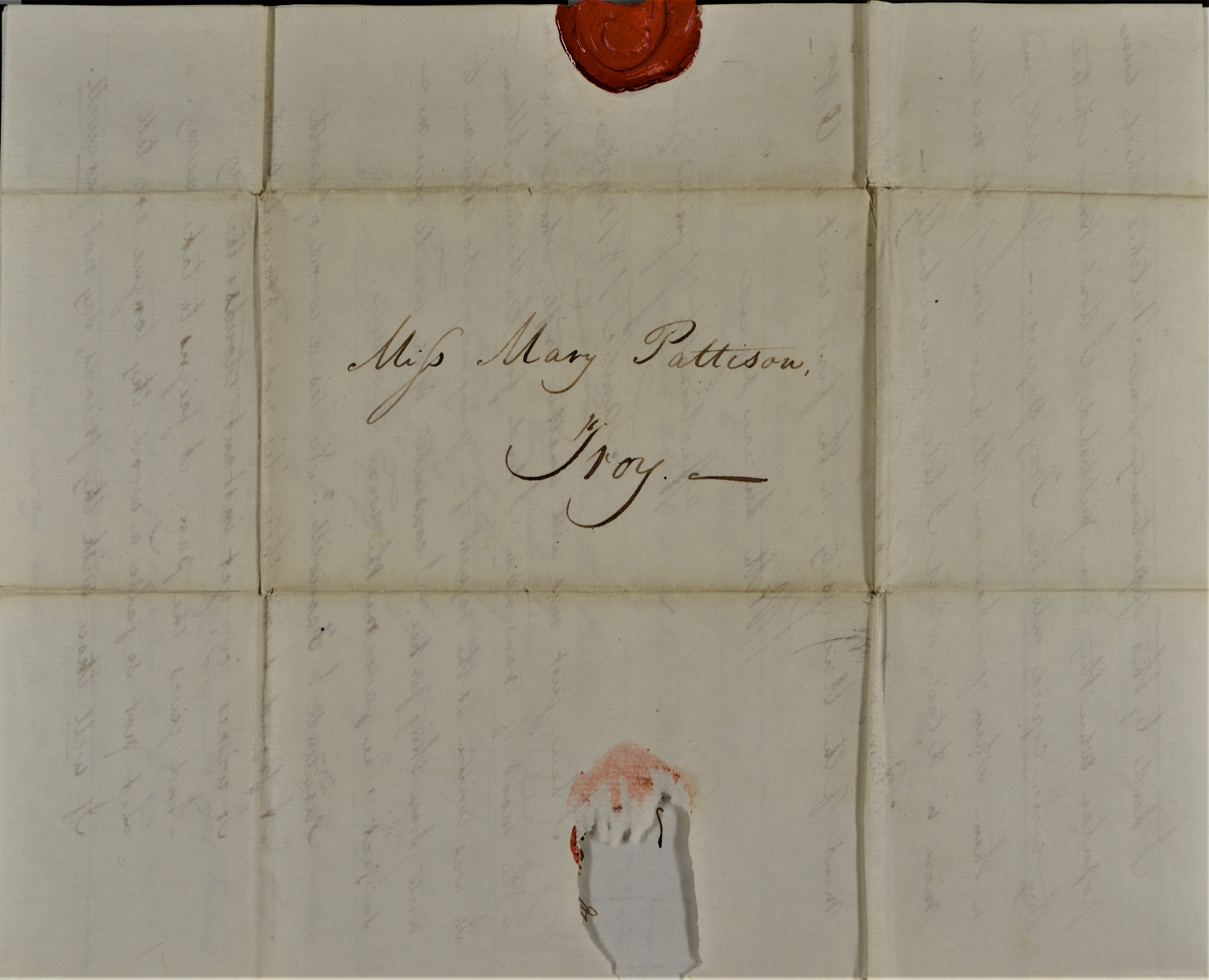
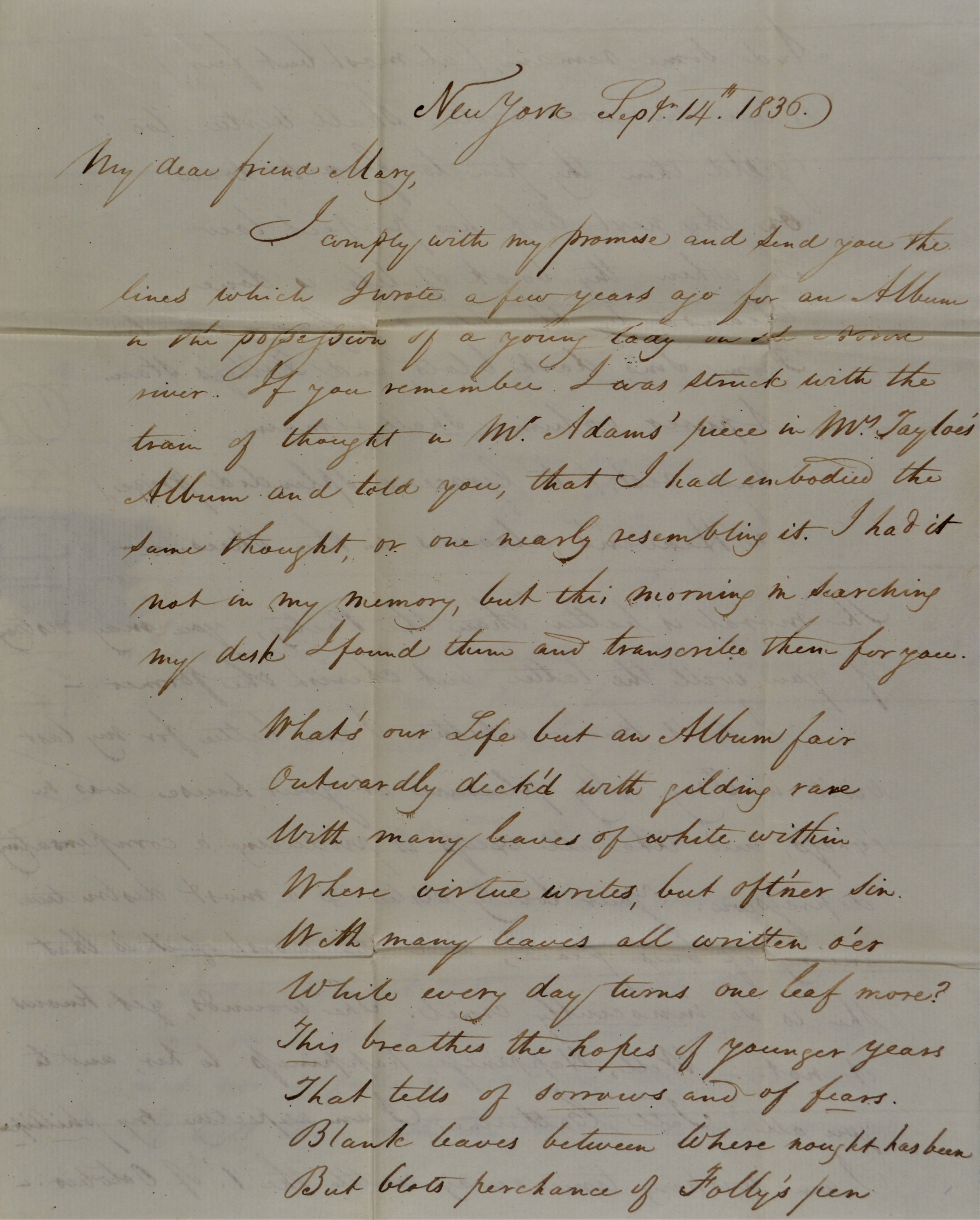
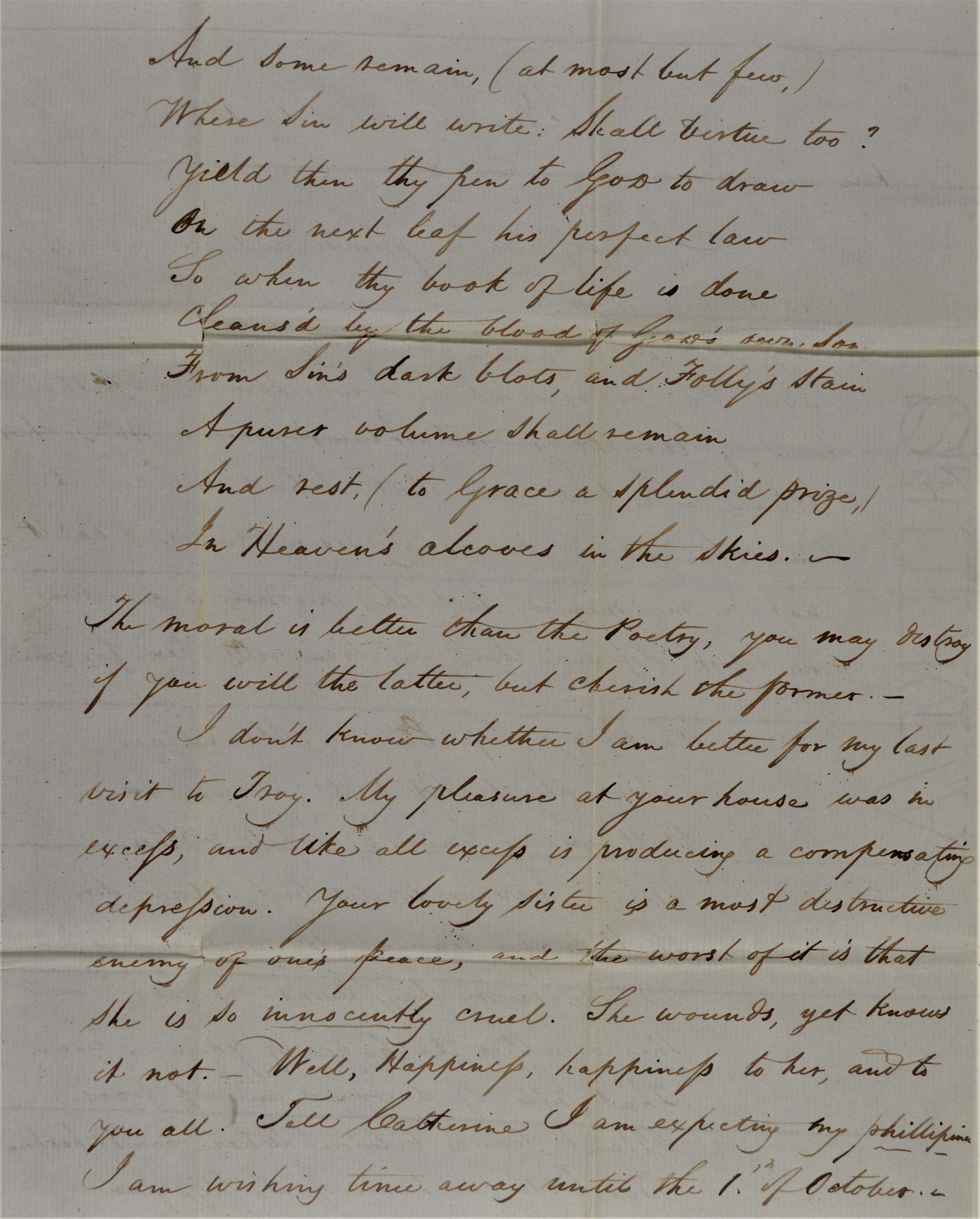
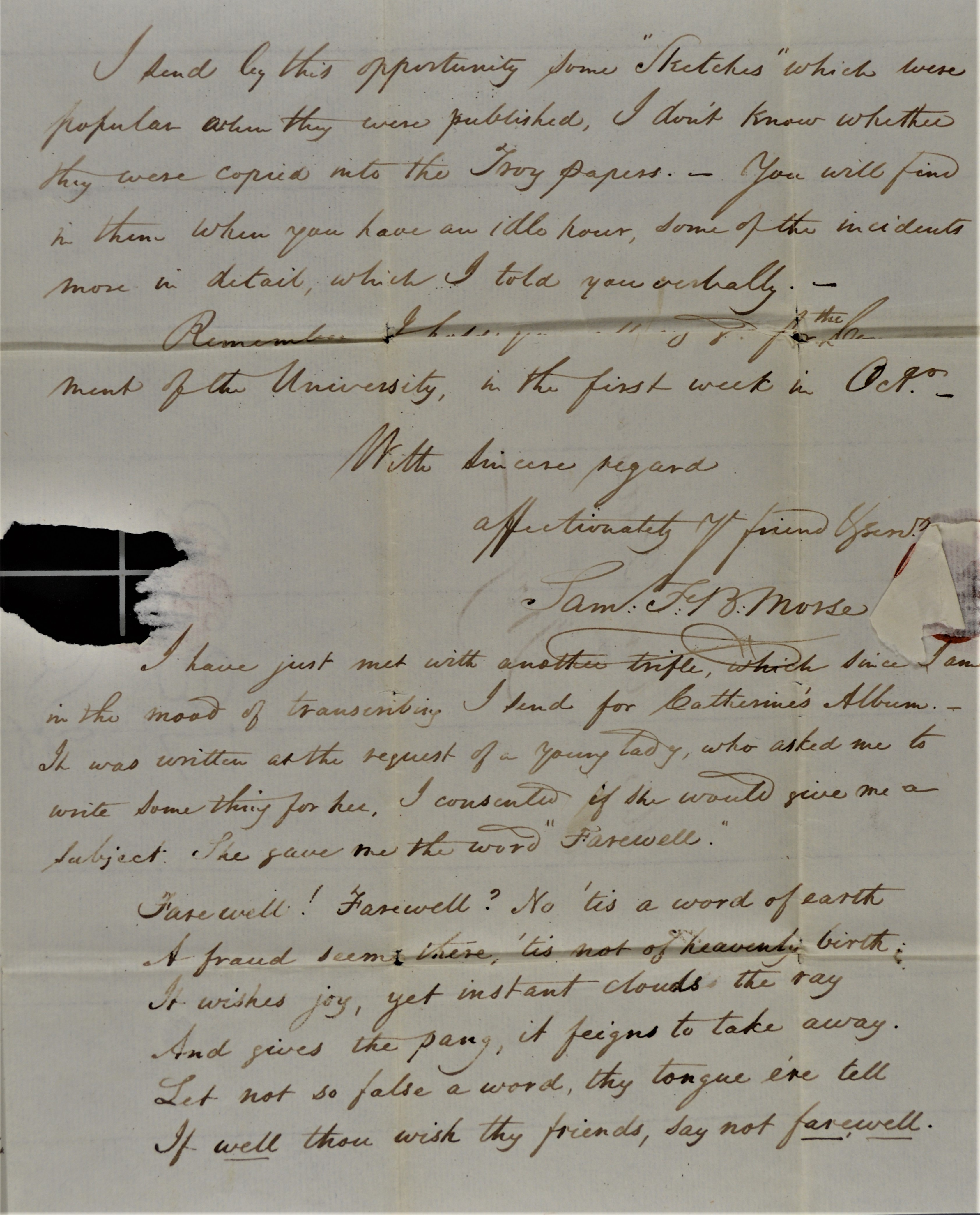
1 Edward Lind Morse, Samuel F.B. Morse: His Letters and Journals (Boston: Houghton Mifflin Company, 1914), I:438-439.
2 Edward Lind Morse, Samuel F.B. Morse: His Letters and Journals (Boston: Houghton Mifflin Company, 1914), Vol. II, 472.
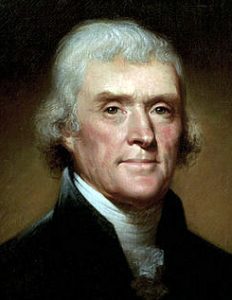 In fact, a young Daniel Webster recounted a conversation he had with an elderly Thomas Jefferson on this point. Jefferson told him:
In fact, a young Daniel Webster recounted a conversation he had with an elderly Thomas Jefferson on this point. Jefferson told him:The education of our children is never out of my mind. Train them to virtue. Habituate them to industry, activity and spirit. Make them consider every vice as shameful and unmanly. Fire them with ambition to be useful. Make them disdain to be destitute of any useful or ornamental knowledge or accomplishment. Fix their ambition upon great and solid objects, and their contempt upon little, frivolous and useless ones.
I advise you, my son, in whatever you read, and most of all in reading the Bible, to remember that it is for the purpose of making you wiser and more virtuous. I have myself, for many years, made it a practice to read through the Bible once every year. I have always endeavored to read it with the same spirit and temper of mind, which I now recommend to you: that is, with the intention and desire that it may contribute to my advancement in wisdom and virtue.
I was much mortified to find the whole force of this man’s vain genius pointed at the youth of America….This awful consequence created some alarm in my mind lest at any future day you, my beloved child, might take up this plausible address of infidelity….I have endeavored to…show his extreme ignorance of the Divine Scriptures…not knowing that “they are the power of God unto salvation, to everyone that believeth” [Romans 1:16].

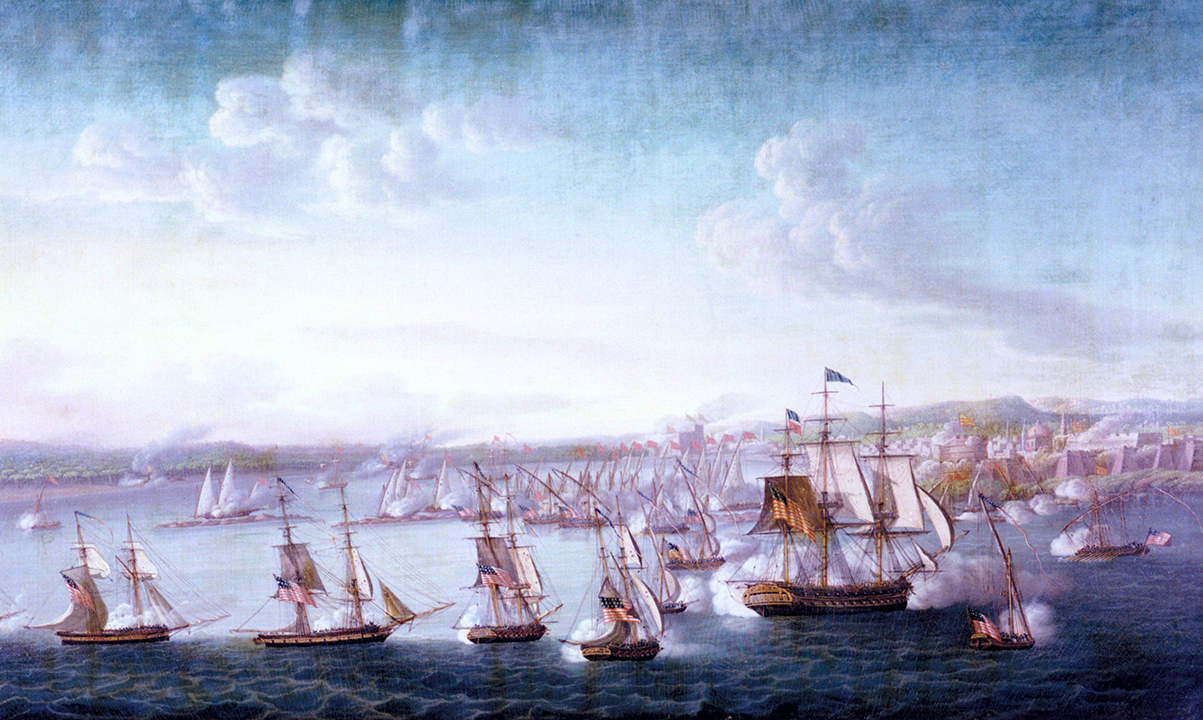
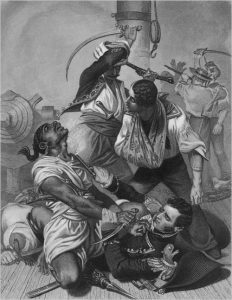 President John Adams oversaw the construction of the Navy,
President John Adams oversaw the construction of the Navy,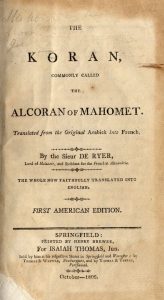 In short, if you read the Koran, you will understand their unprovoked attacks against us. But the fighting still wasn’t over. While America was engaged in the War of 1812 against Great Britain, Algiers (one of the Muslim Powers that had negotiated a peace treaty with the US in 1795
In short, if you read the Koran, you will understand their unprovoked attacks against us. But the fighting still wasn’t over. While America was engaged in the War of 1812 against Great Britain, Algiers (one of the Muslim Powers that had negotiated a peace treaty with the US in 1795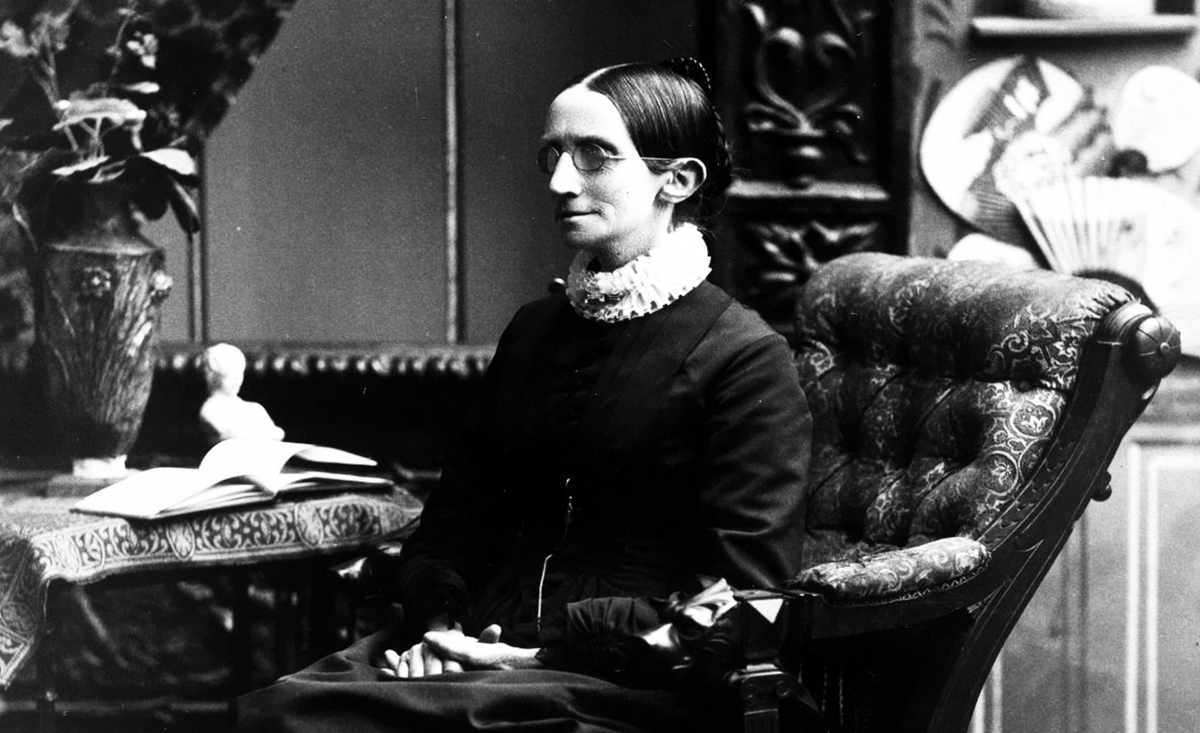
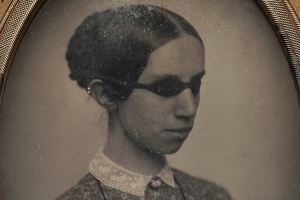
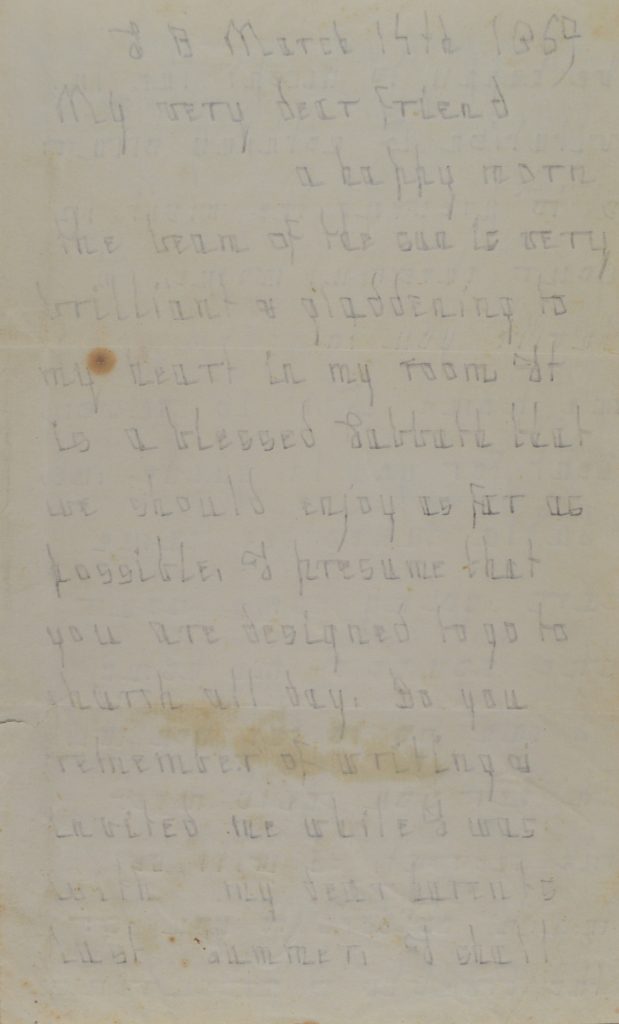
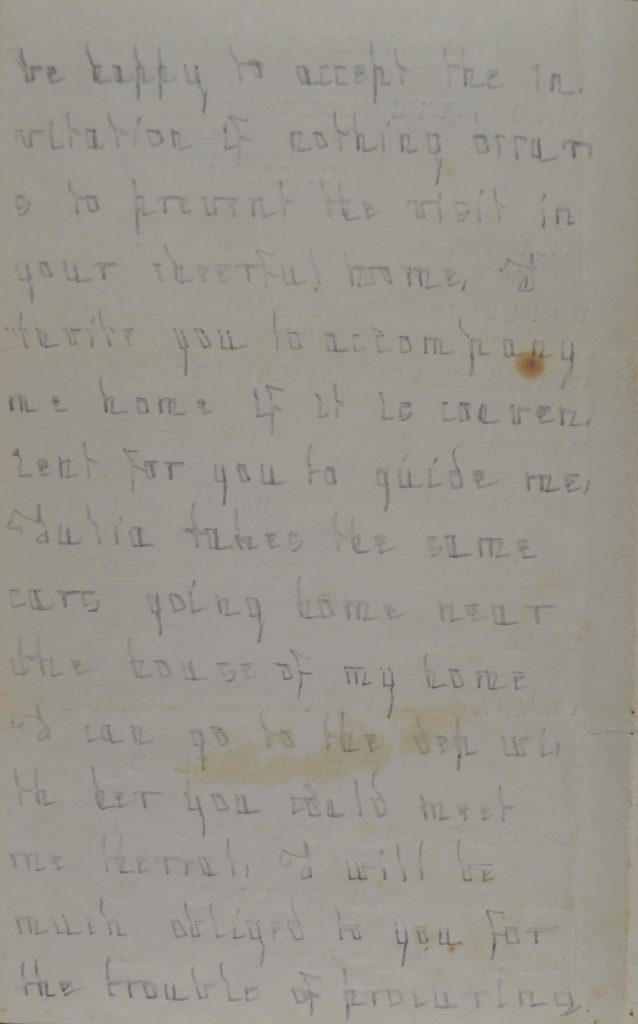
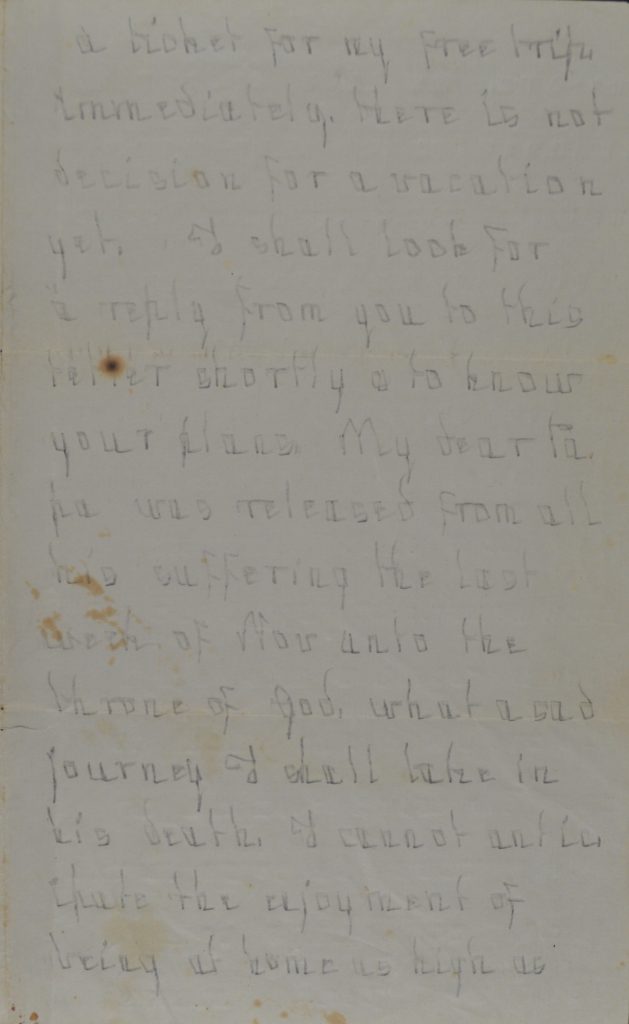
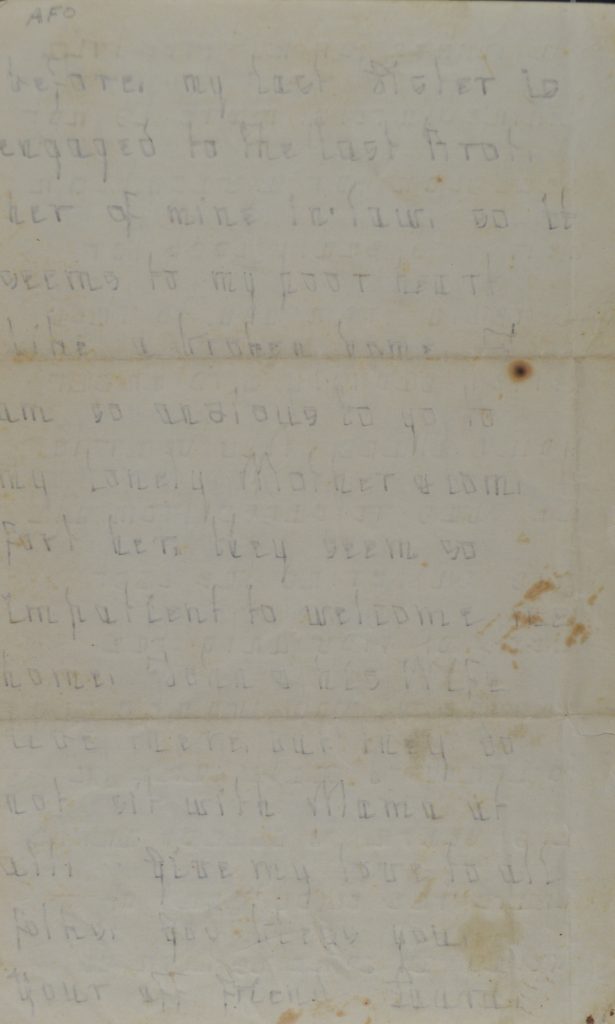
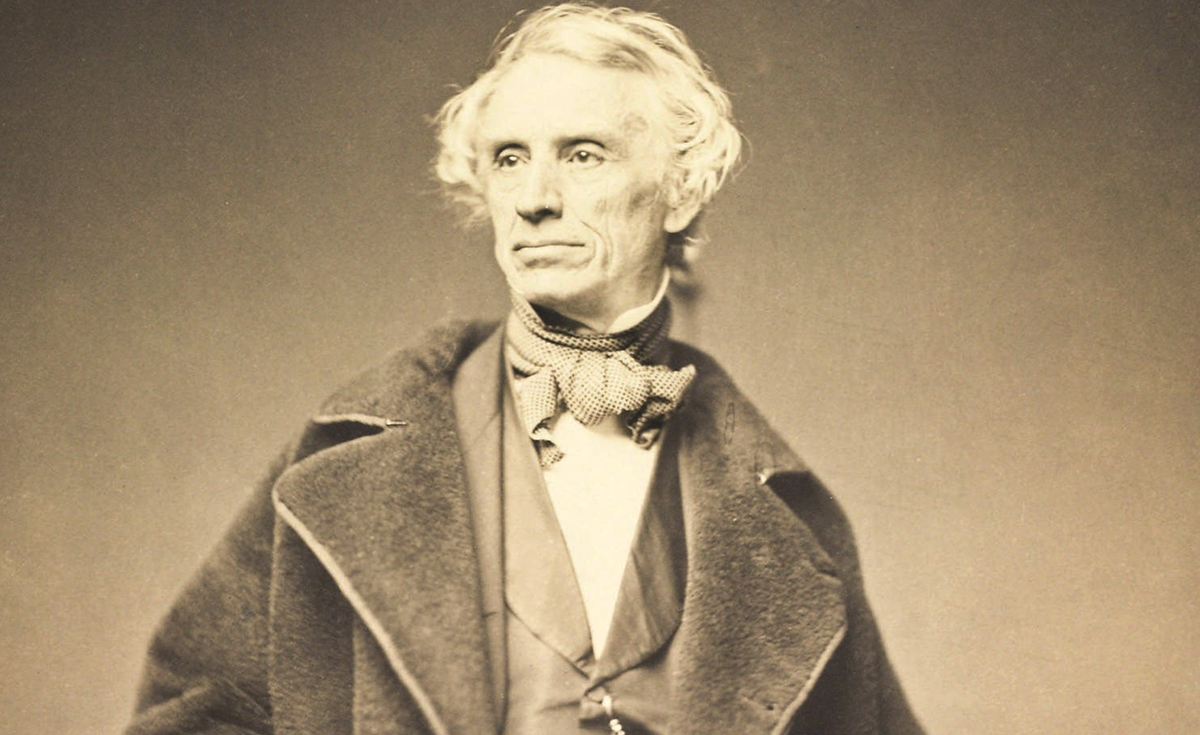
 Morse’s pious character clearly exhibits itself in the historic message relayed during the public demonstration of the telegraph on May 24, 1844. Morse had promised Annie Ellsworth, the daughter of the Commissioner of Patents that she would get to decide what would be said. After talking with her mother, Annie decided to send a portion from Numbers 23:23: “What hath God wrought!”
Morse’s pious character clearly exhibits itself in the historic message relayed during the public demonstration of the telegraph on May 24, 1844. Morse had promised Annie Ellsworth, the daughter of the Commissioner of Patents that she would get to decide what would be said. After talking with her mother, Annie decided to send a portion from Numbers 23:23: “What hath God wrought!”



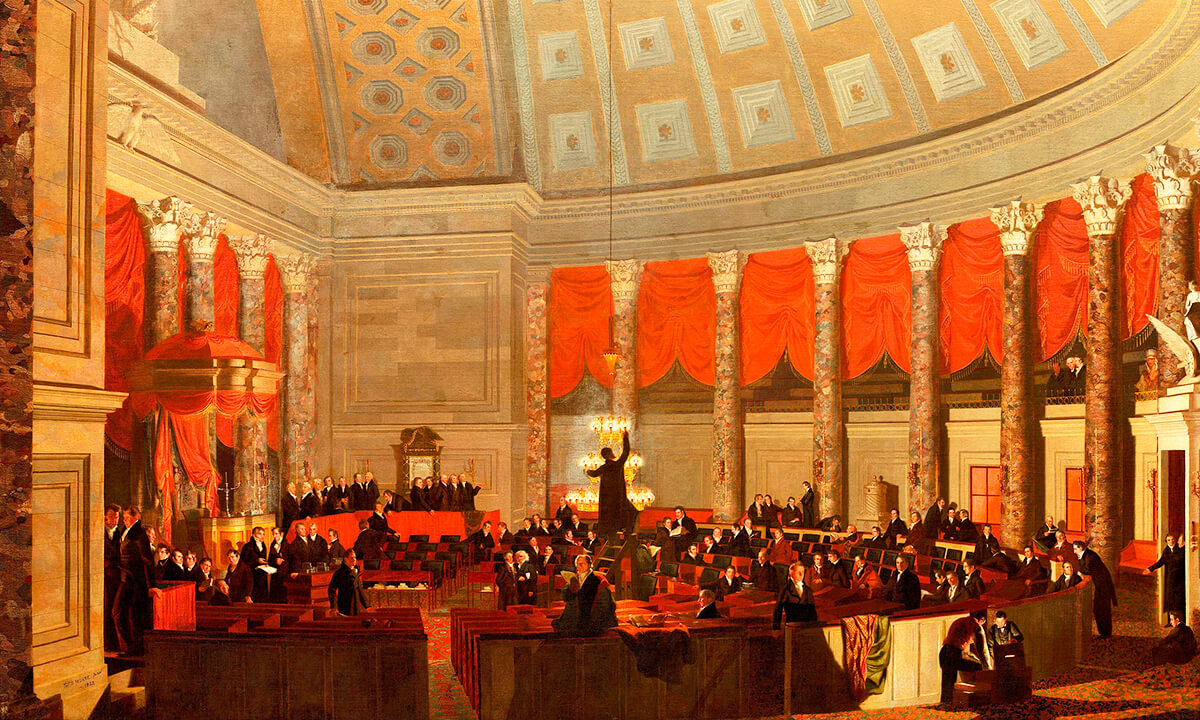
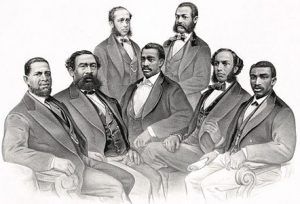 From the time before the American War for Independence, black Americans served as
From the time before the American War for Independence, black Americans served as 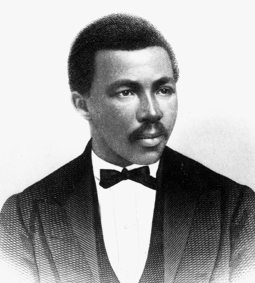 [I]t is a matter of regret to me that it is necessary at this day that I should rise in the presence of an American Congress to advocate a bill which simply asserts rights and equal privileges for all classes of American citizens. I regret, sir, that the dark hue of my skin may lend a color to the imputation that I am controlled by motives personal to myself in my advocacy of this great measure of natural justice. Sir, the motive that impels me is restricted by no such narrow boundary but is as broad as the Constitution.
[I]t is a matter of regret to me that it is necessary at this day that I should rise in the presence of an American Congress to advocate a bill which simply asserts rights and equal privileges for all classes of American citizens. I regret, sir, that the dark hue of my skin may lend a color to the imputation that I am controlled by motives personal to myself in my advocacy of this great measure of natural justice. Sir, the motive that impels me is restricted by no such narrow boundary but is as broad as the Constitution.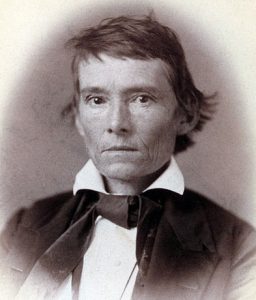 He [Stephens — pictured on the right] offers his government (which he has done his utmost to destroy) a very poor return for its magnanimous treatment, to come here to seek to continue, by the assertion of doctrines obnoxious to the true principles of our government, the burdens and oppressions which rest upon five millions of his countrymen [slaves] who never failed to lift their earnest prayers for the success of this government when the gentleman [Stephens] was asking to break up the Union of these States and to blot the American Republic from the galaxy of nations.
He [Stephens — pictured on the right] offers his government (which he has done his utmost to destroy) a very poor return for its magnanimous treatment, to come here to seek to continue, by the assertion of doctrines obnoxious to the true principles of our government, the burdens and oppressions which rest upon five millions of his countrymen [slaves] who never failed to lift their earnest prayers for the success of this government when the gentleman [Stephens] was asking to break up the Union of these States and to blot the American Republic from the galaxy of nations.
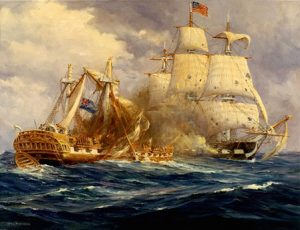 On March 3rd, 1931, an
On March 3rd, 1931, an 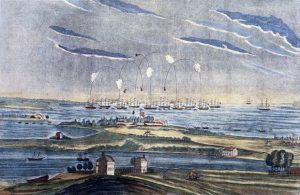 At that time, attorney Francis Scott Key
At that time, attorney Francis Scott Key 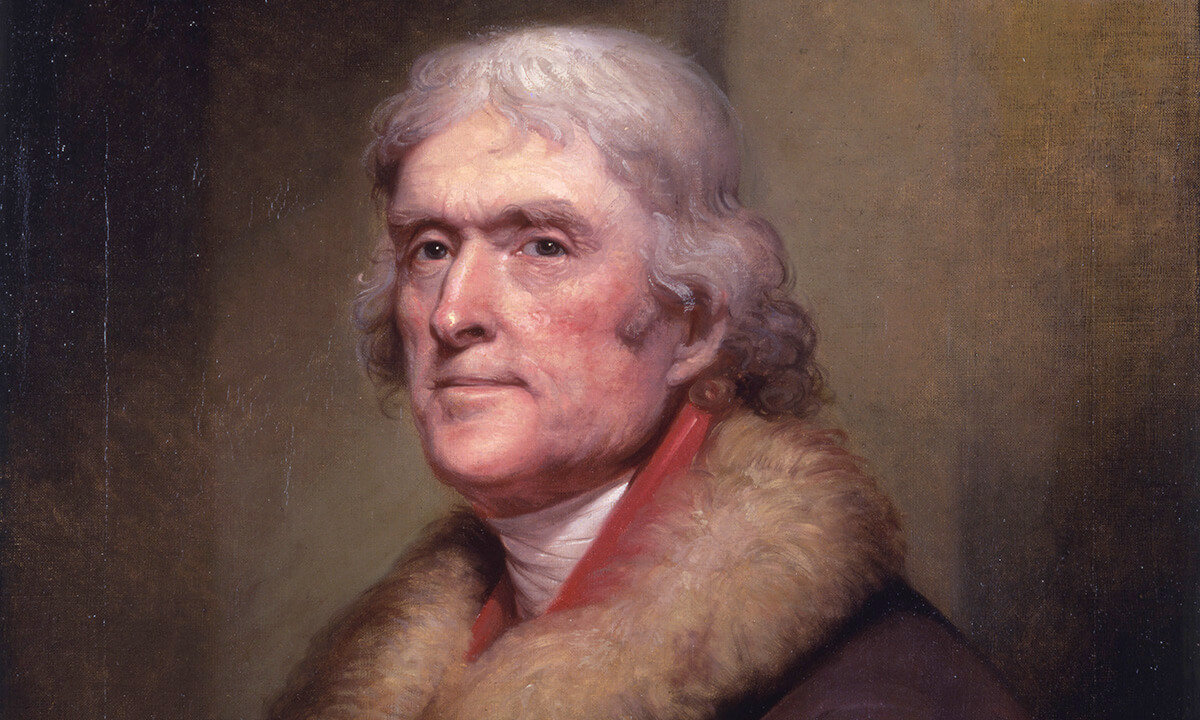
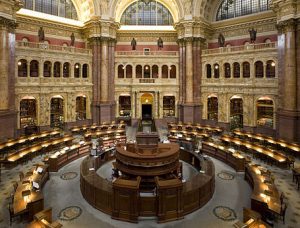 Most Americans are very familiar with the Library of Congress and its massive collection of millions of books, documents, recordings, photographs, sheet music, and manuscripts.
Most Americans are very familiar with the Library of Congress and its massive collection of millions of books, documents, recordings, photographs, sheet music, and manuscripts.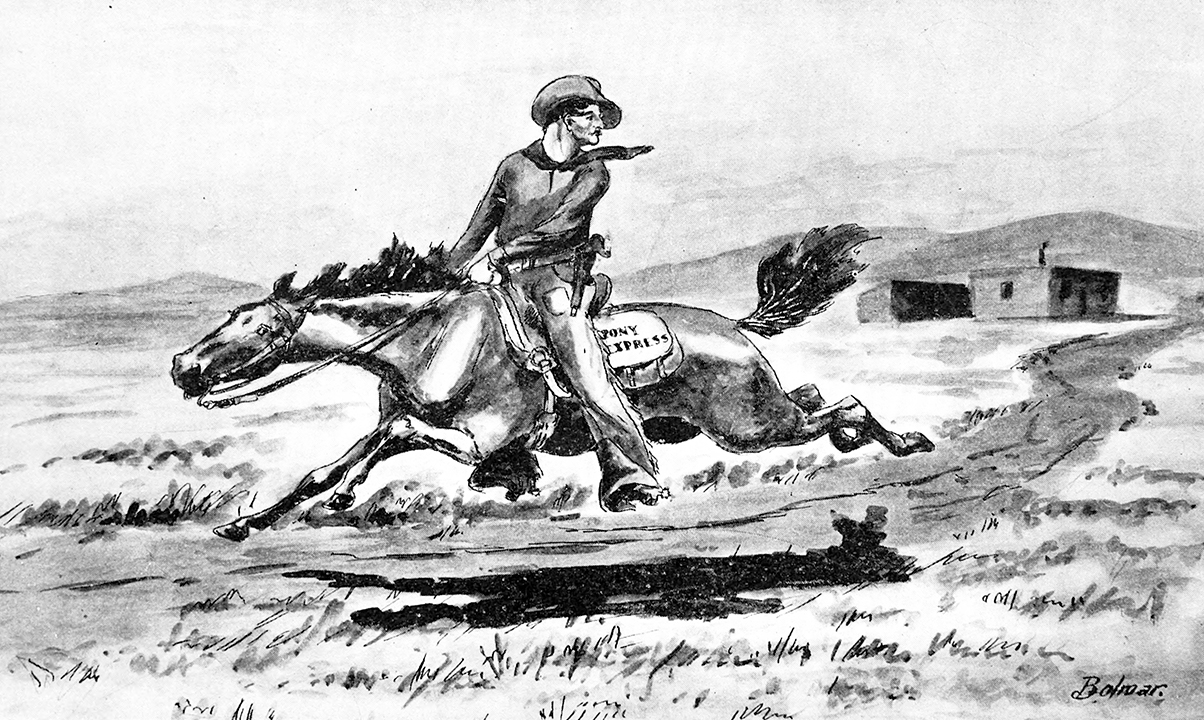
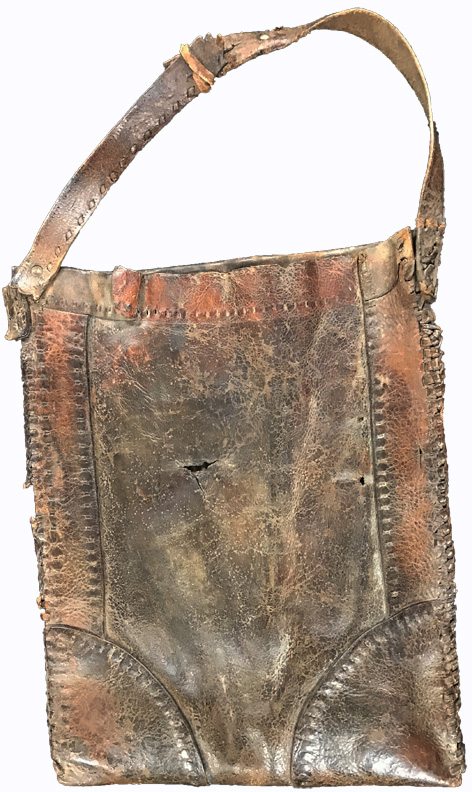
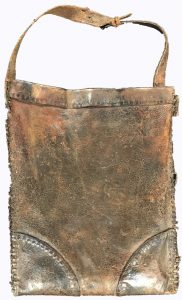
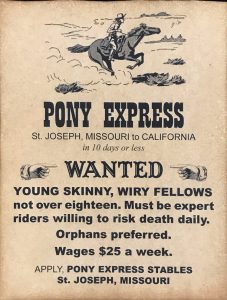
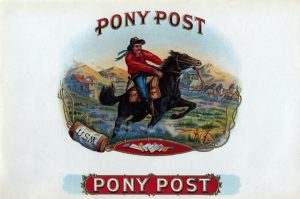

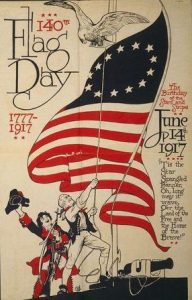 June 14th is Flag Day which commemorates the day in 1777 when the Continental Congress passed a resolution “that the flag of the thirteen United States be thirteen stripes, alternate red and white; that the union be thirteen stars, white in a blue field, representing a new constellation.”
June 14th is Flag Day which commemorates the day in 1777 when the Continental Congress passed a resolution “that the flag of the thirteen United States be thirteen stripes, alternate red and white; that the union be thirteen stars, white in a blue field, representing a new constellation.”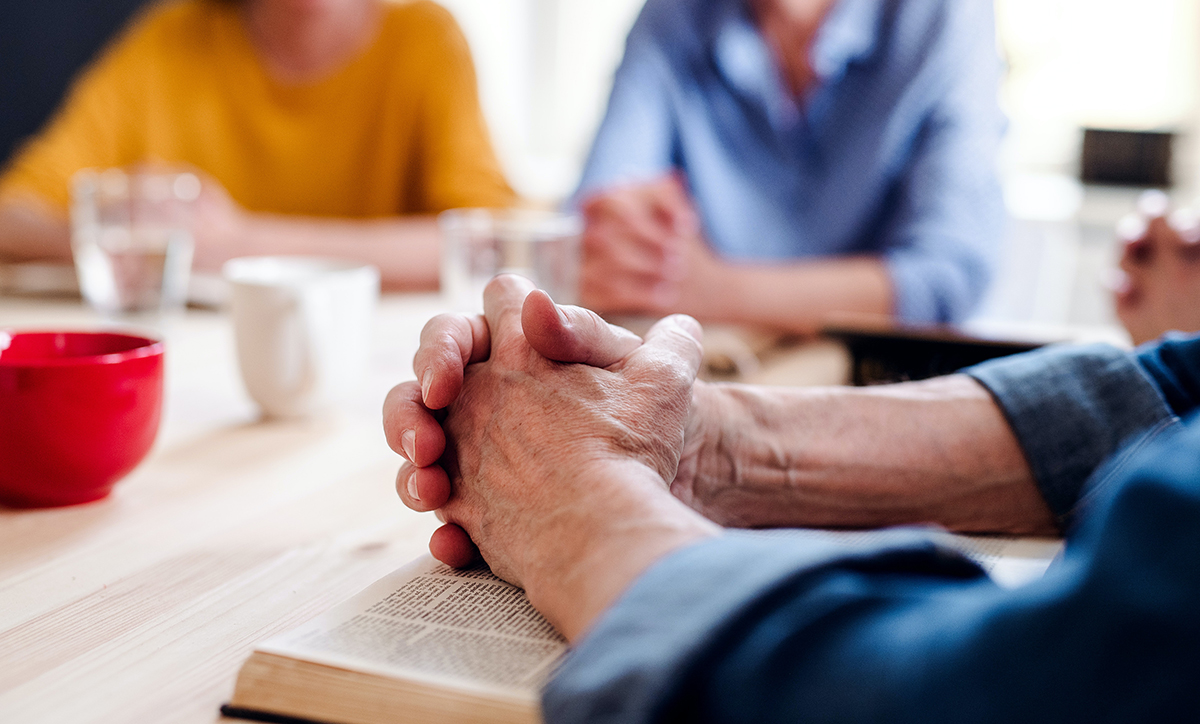
 I have lived, Sir, a long time, and the longer I live, the more convincing proofs I see of this truth- that God governs in the affairs of men. And if a sparrow cannot fall to the ground without His notice, is it probable that an empire can rise without His aid? We have been assured, Sir, in the sacred writings, that “except the Lord build the House they labor in vain that build it.” I firmly believe this; and I also believe that without His concurring aid we shall succeed in this political building no better than the Builders of Babel.
I have lived, Sir, a long time, and the longer I live, the more convincing proofs I see of this truth- that God governs in the affairs of men. And if a sparrow cannot fall to the ground without His notice, is it probable that an empire can rise without His aid? We have been assured, Sir, in the sacred writings, that “except the Lord build the House they labor in vain that build it.” I firmly believe this; and I also believe that without His concurring aid we shall succeed in this political building no better than the Builders of Babel.